Unless stated, all information included in the Filmography has been taken from the films themselves during personal viewings from the Hammer Graveyard’s own collection.
Information Source
The purpose is to provide detailed information on these productions, and what better place is there to look for this than the films themselves? So, details given in respect of production data, technical staff and locations of filming are as stated in the appropriate film’s credits, and other information is provided where available. Hence, at times there are variations in people’s names, e.g. “Vetter”, “E. Vetter”, or “Edgar Vetter”, “James Needs” or “Jim Needs” and “Jimmy Sangster” or “James Sangster”. The names appear exactly as they appear in the films themselves. Other points to note:-
1.Running times are notoriously inaccurate, since they can be affected by television transmission (films on TV run at a faster speed than in the cinema) or, quite simply, there may be more than one version of a film. They are therefore included only as a guide.
2. The Story – The aim here is to give a brief précis of the plot without giving the end away.
3. Cast – Where no full cast list is given at the end of a film, we have endeavoured to compile one.
4. Footnotes – These are snippets of further information about the films, the cast and the production staff.
Critique
Furthermore, we have avoided giving any critical information about the films. For a start, we are not film critics and, in any event, any criticism would be largely superfluous and repetitious. Suffice to say that time has not been kind to the earlier productions and in many cases the shortish running time belies the fact that actually watching the films can seem an interminable experience!
It helps to consider that the films of the early 50’s and before were made prior to the mass popularity of television, during a period when people would rush to the cinema to see anything. Even so, it is obvious that every expense was spared. For instance, in these early pictures, it seems that it was deemed an unnecessary luxury to take a sound crew out on location. The dialogue and sound effects were clearly added later, with little attention paid to lip-synching. Actors’ lines can be heard over shots of scenery; or they are spoken when the character is facing away from the camera; or, in extreme cases, no cover-up is attempted and lines are delivered by actors who do not even open their mouths!
Hammer Cinema
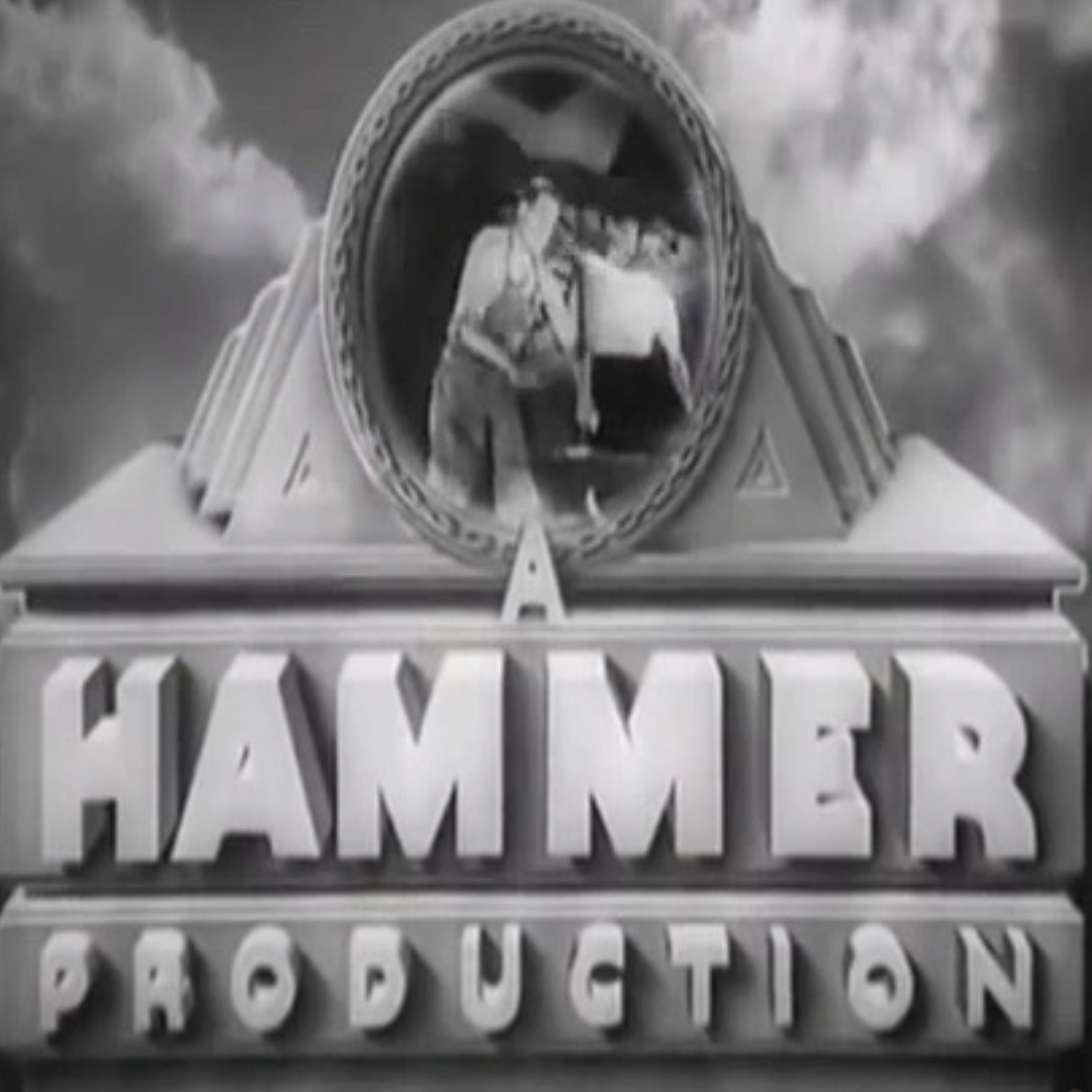
Click below to view
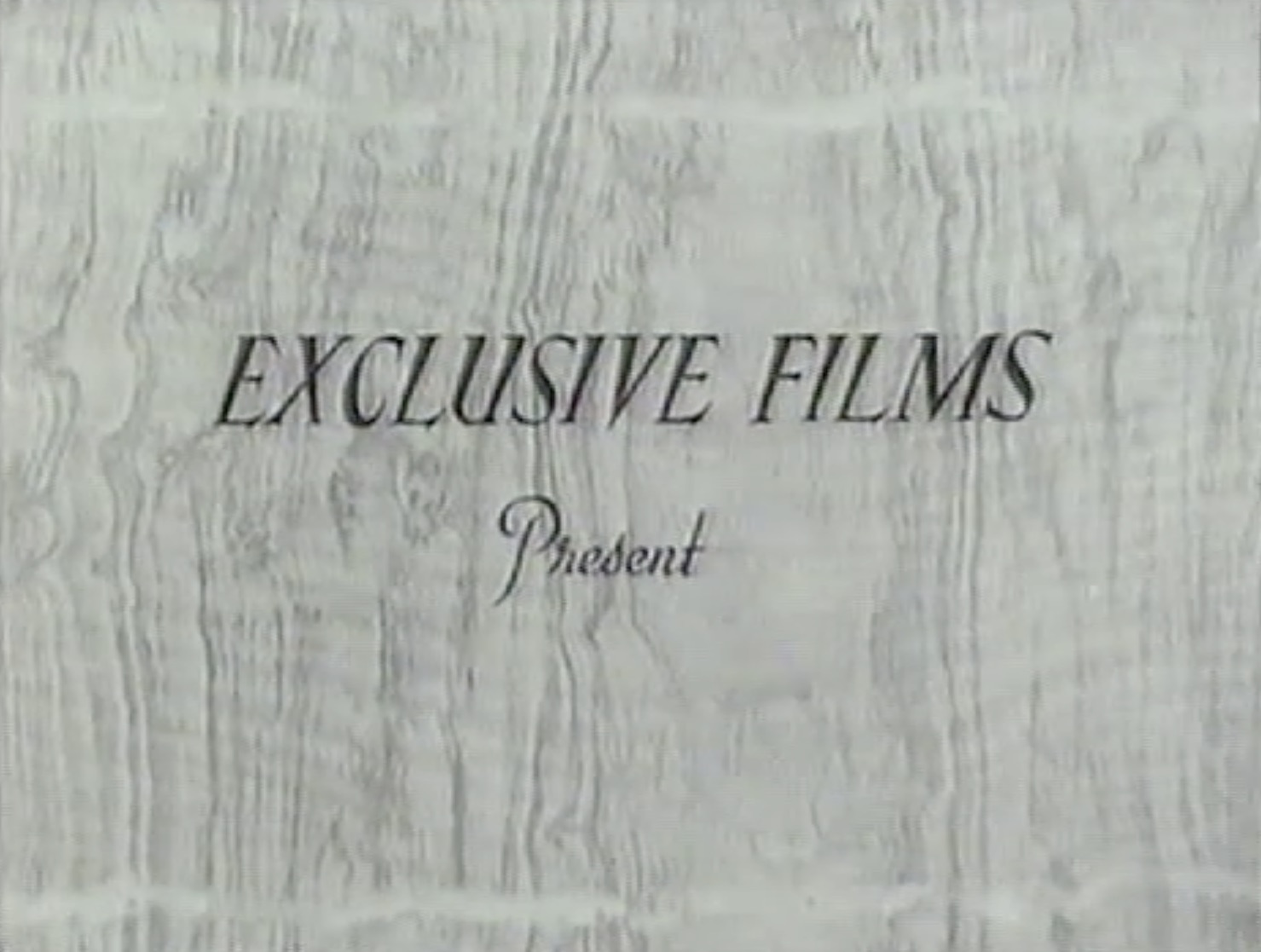
Click below to view
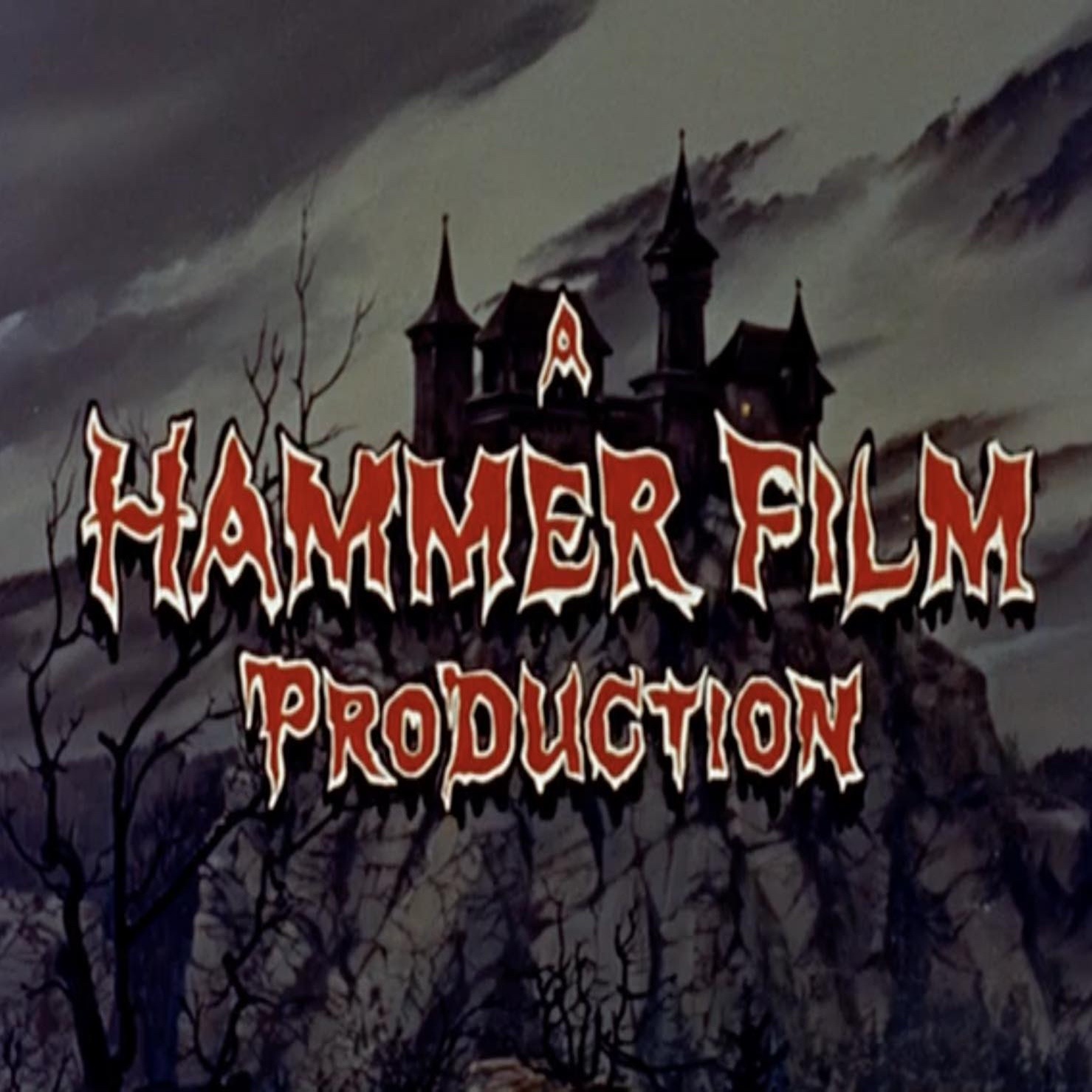
Click below to view
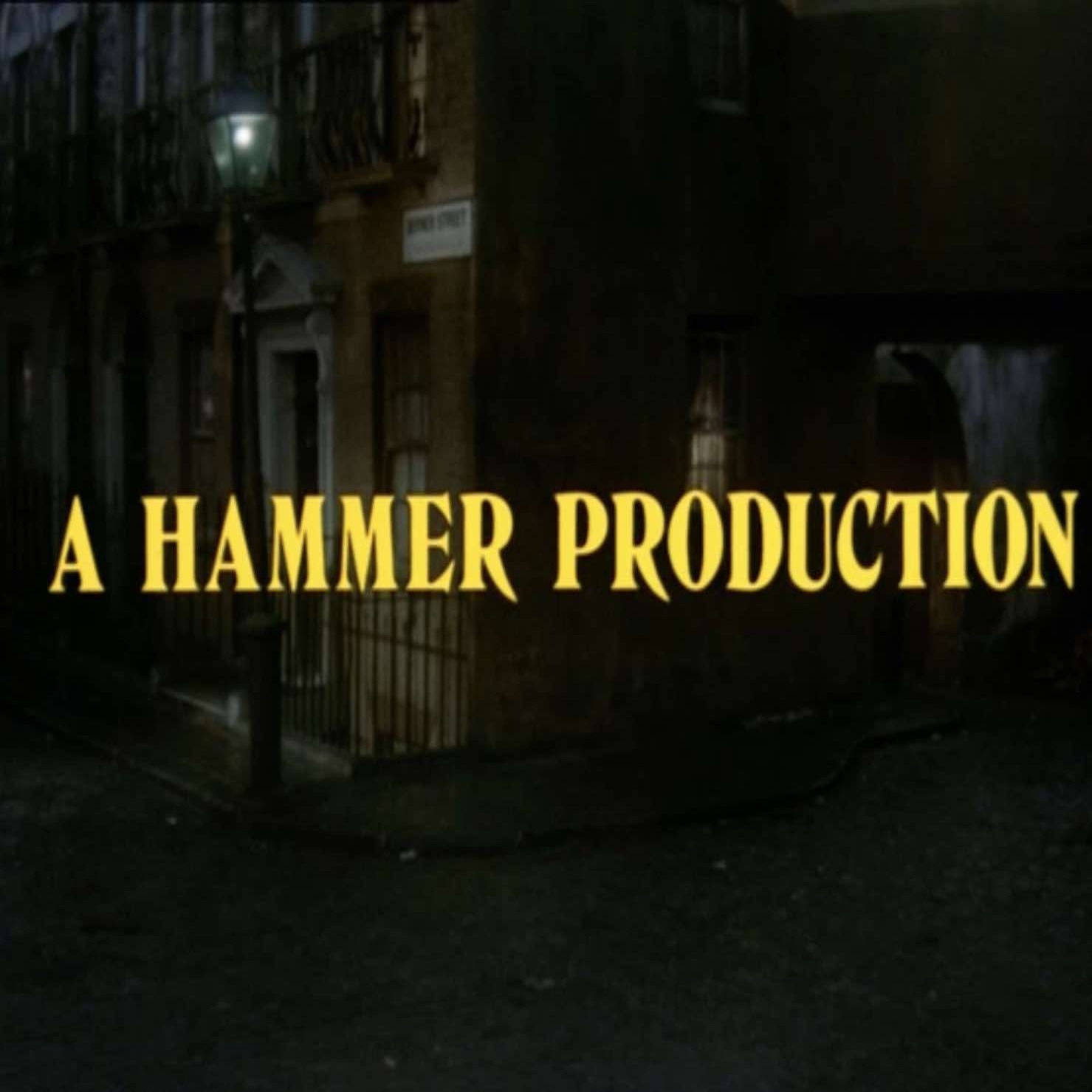
Click below to view
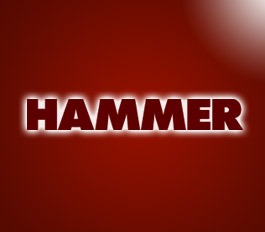
Click below to view
Hammer Television
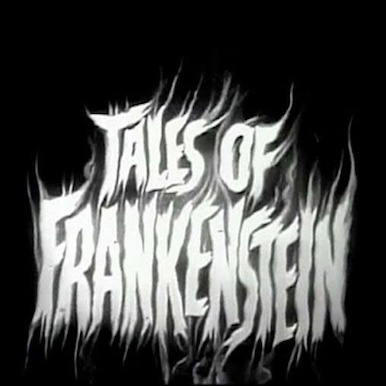
Television Pilot 1958
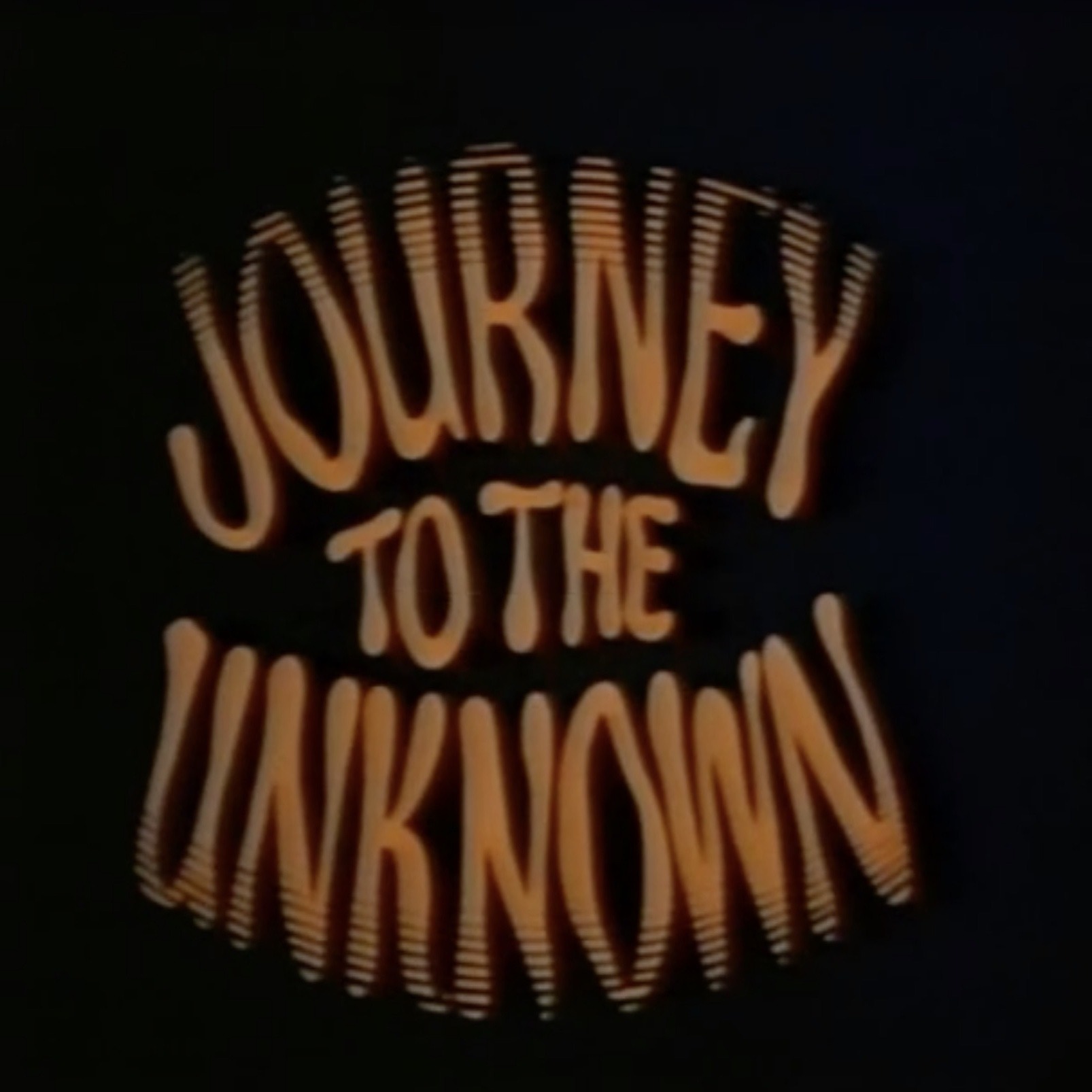
Television Series 1969
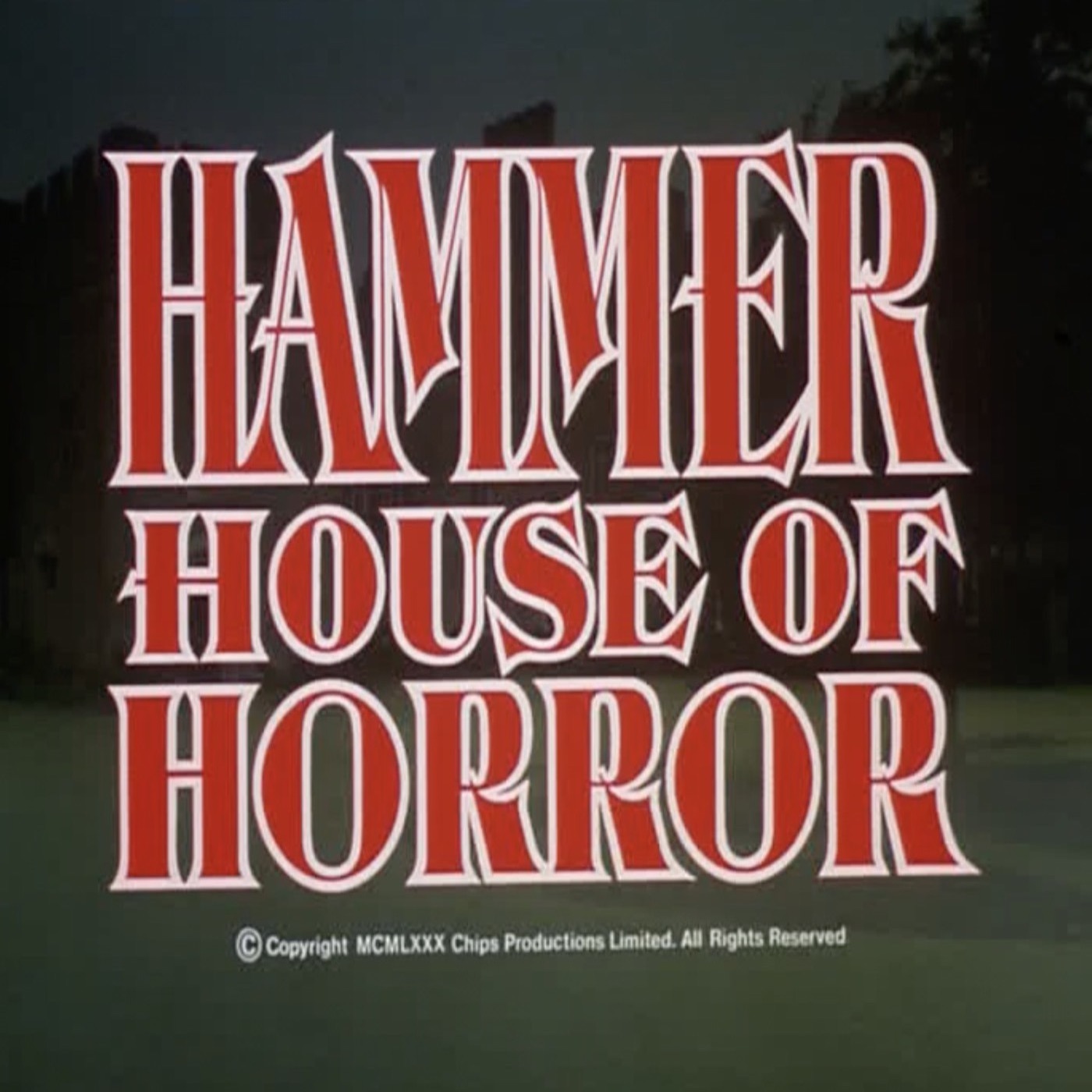
Television Series 1980
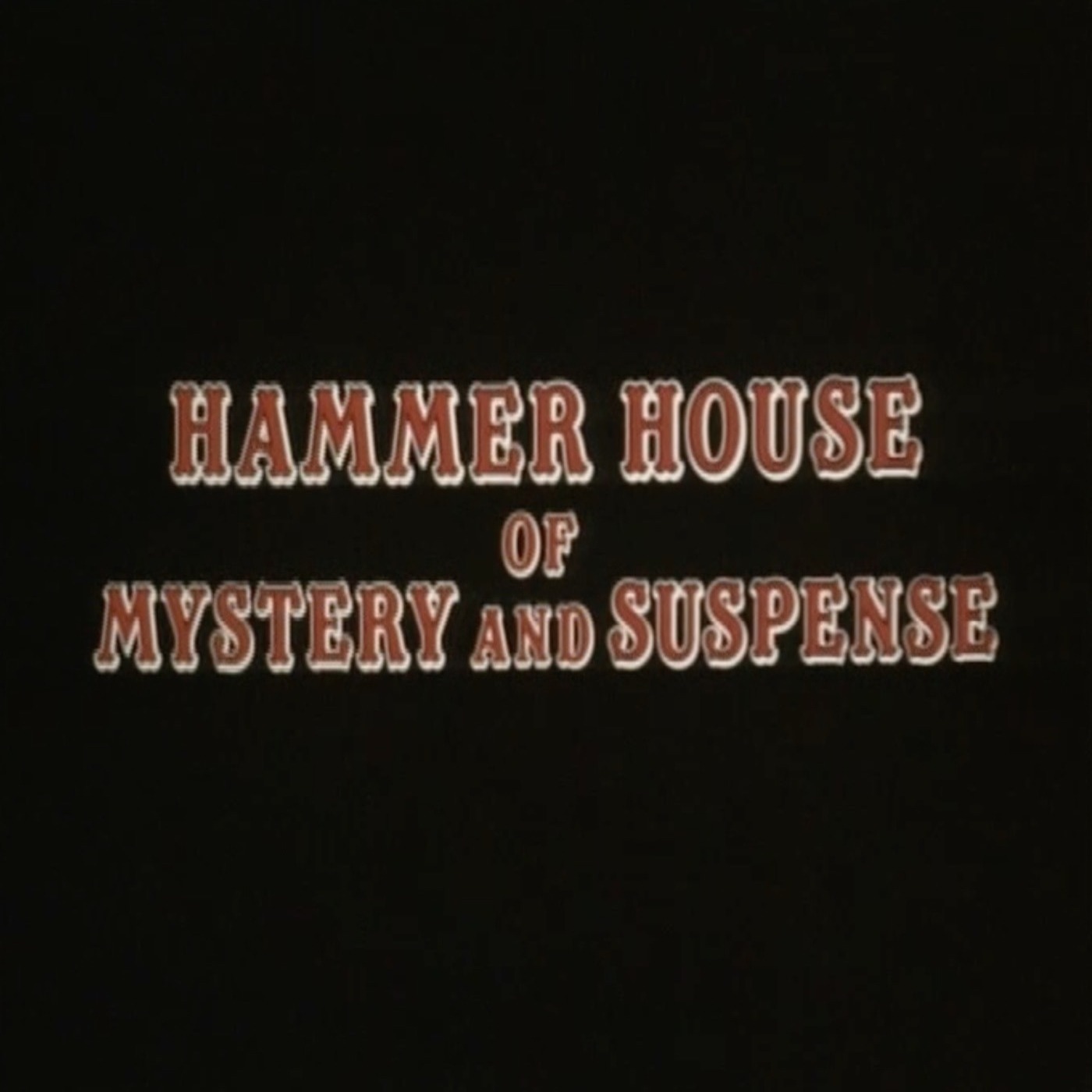
Television Series 1984
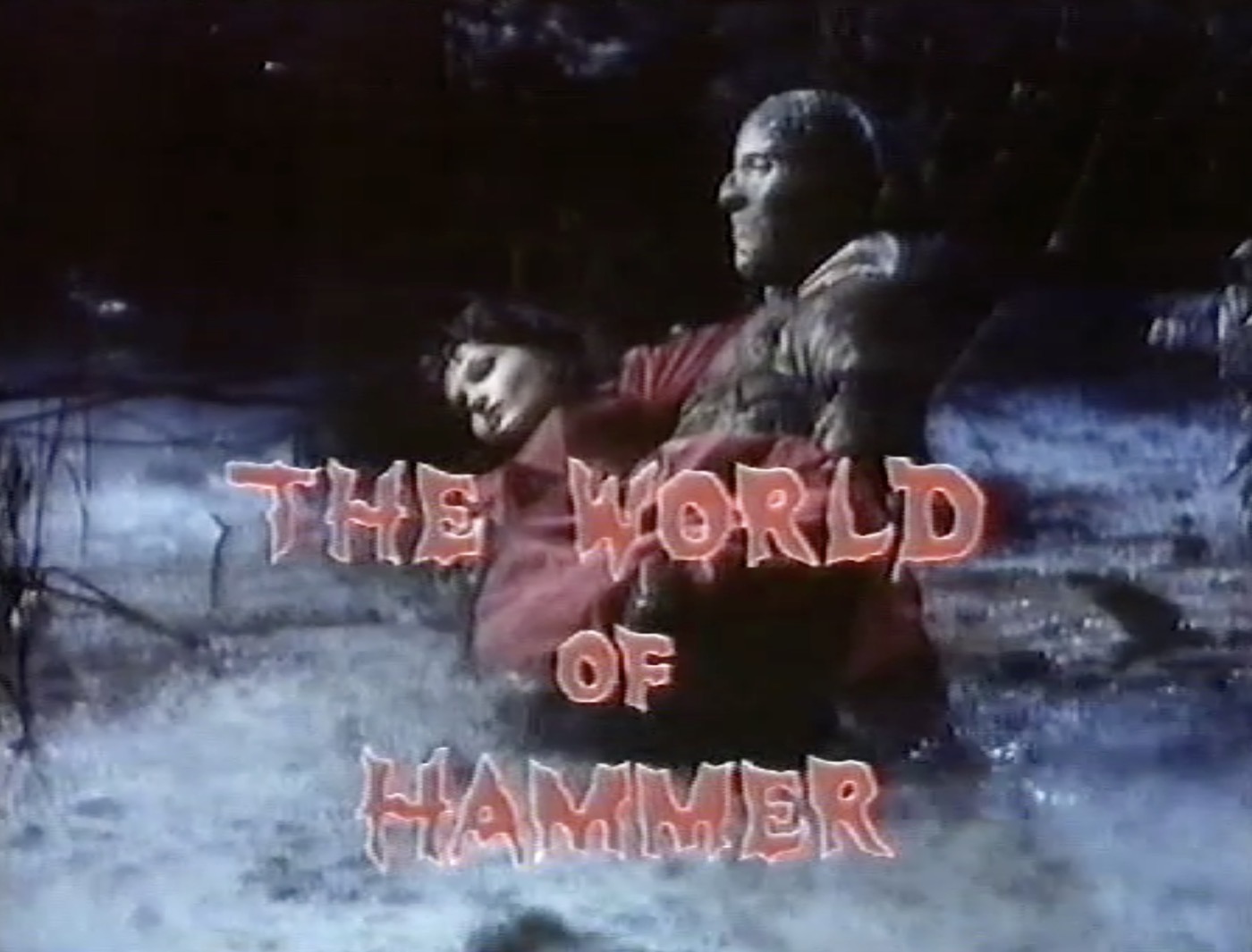
Television Series 1990
Rival Production Companies
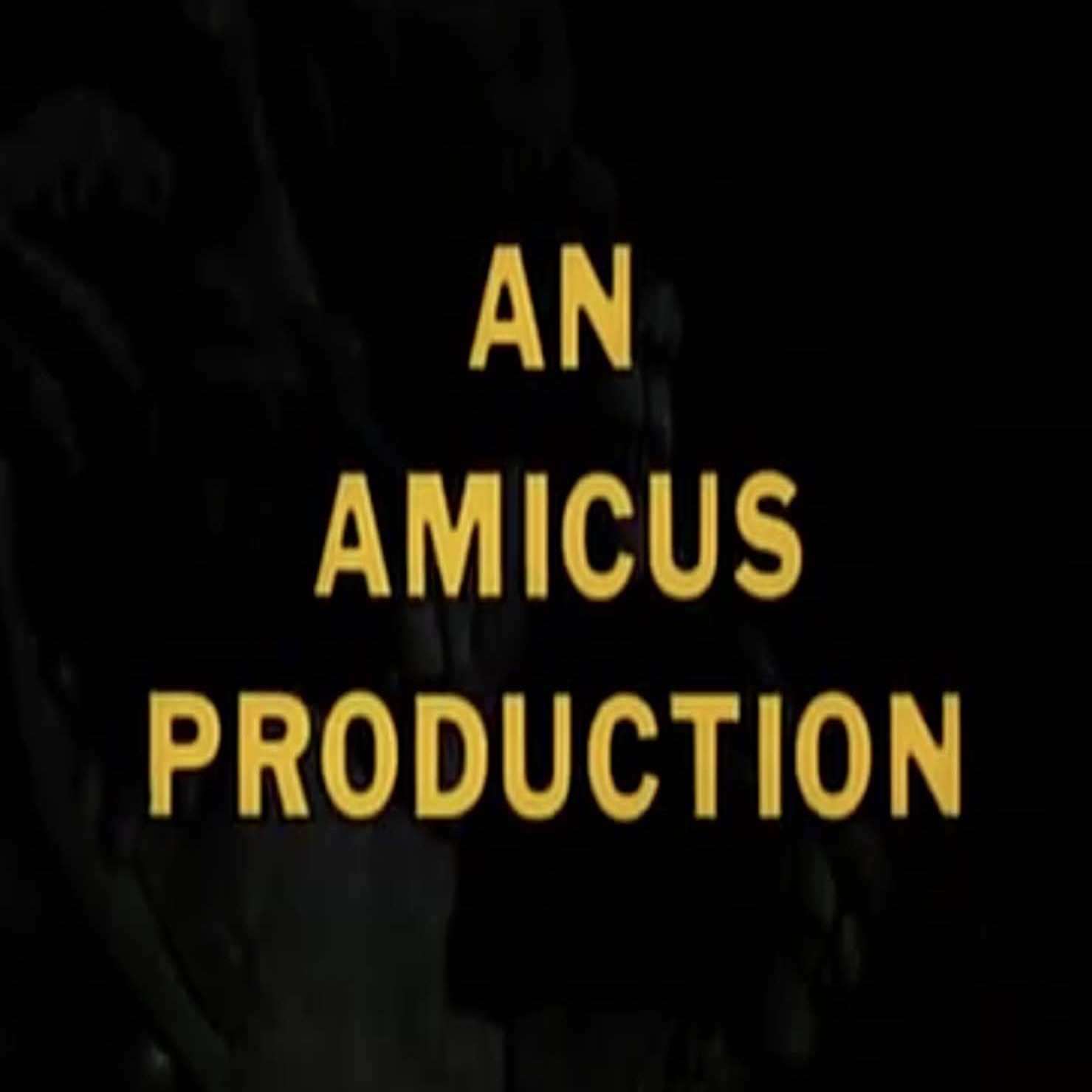
Click below to view
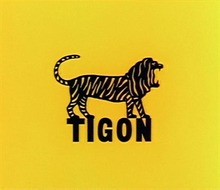
Click below to view
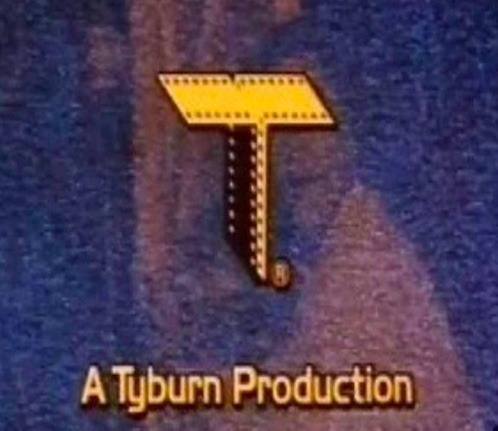
Click below to view

